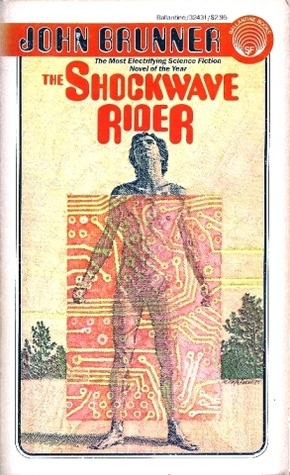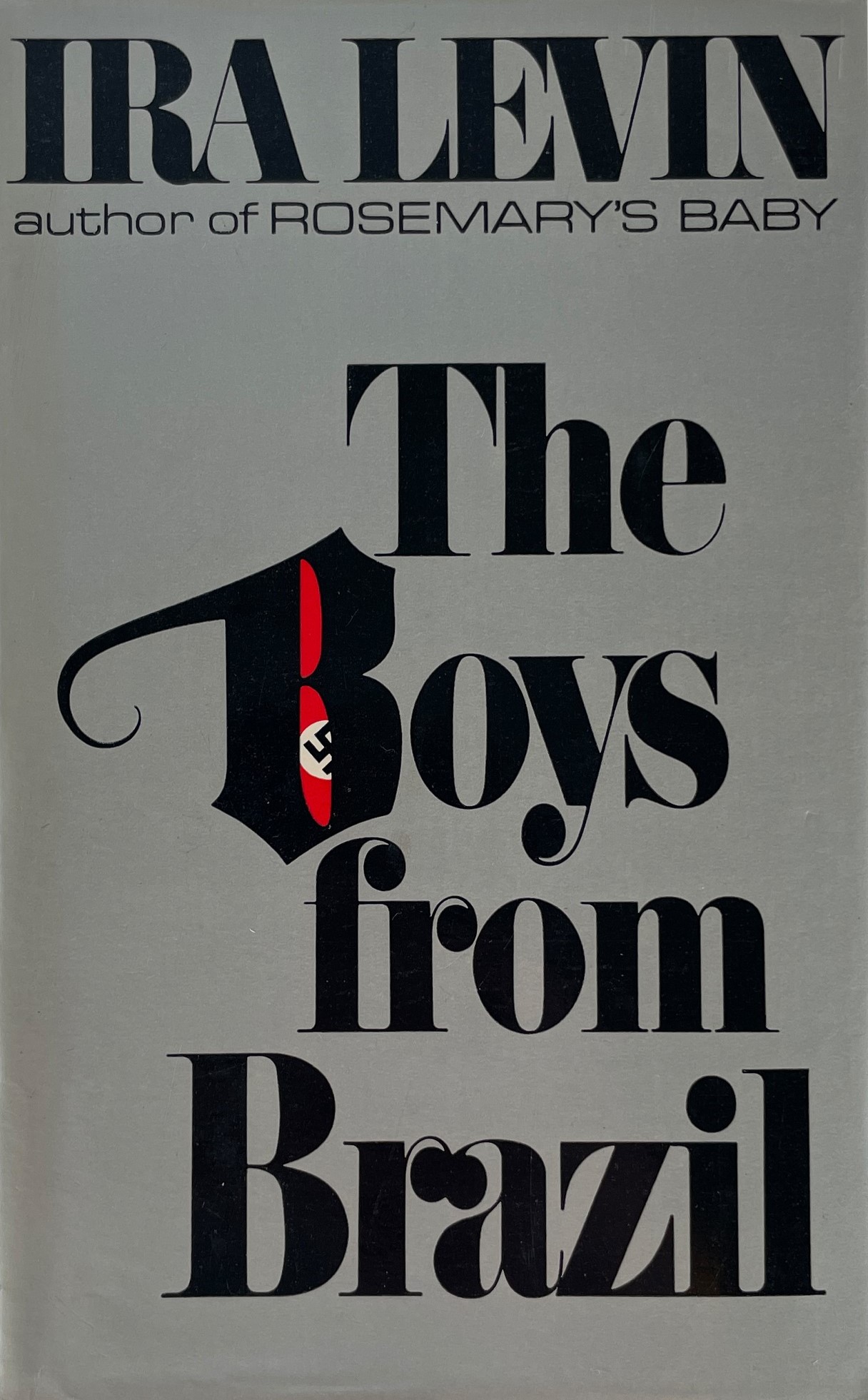
This Perfect Day
Book Description
Imagine a world where individuality is a crime, and every day unfolds with flawless precision. Welcome to a society governed by a relentless system that eradicates choice and emotion, ensuring everyone lives in perpetual harmony—until one man dares to seek the truth. As he unravels the dark undercurrents of this seemingly idyllic existence, suspense mounts and friendships are tested. Secrets lurk beneath the surface, and a chilling revelation threatens to shatter this manufactured utopia. Can he break free from the chains of conformity, or will he succumb to the perfect illusion? What is the cost of freedom in a world that demands sameness?
Quick Book Summary
"This Perfect Day" by Ira Levin is a chilling dystopian novel that explores a world ruled by a global computer known as UniComp, which dictates every aspect of its citizens’ lives to ensure a harmonious, emotionless society. Individuality and dissent are suppressed through monthly treatments that inhibit free will and deep feelings, and all decisions—ranging from careers to marriage—are pre-determined. The story follows Chip, a quietly curious man who begins questioning the perfectly regimented existence enforced by UniComp. As Chip uncovers the disturbing truths behind the system and the price of uniformity, he galvanizes a group of rebels determined to rediscover autonomy and identity. The narrative escalates into a suspenseful tale of resistance, revealing how totalitarian control can hollow out the core of humanity. Levin’s novel remains a powerful meditation on conformity, personal freedom, and the resilience necessary to challenge a suffocating utopia.
Summary of Key Ideas
Table of Contents
Conformity vs. Individuality
Set in a seemingly utopian future society, "This Perfect Day" envisions a world meticulously governed by a central computer, UniComp. Every citizen, known as a "member," is genetically engineered and kept docile by regular chemical treatments, ensuring emotional uniformity and absolute predictability. All aspects of daily life—work assignments, marriages, even leisure—are controlled by UniComp’s decisions. Individuality is subversive, even dangerous. Names, physical traits, and desires are homogenized to maintain the illusion of flawless harmony.
Totalitarian Control and Surveillance
The protagonist, Chip (originally Li RM35M4419), exhibits subtle curiosity and skepticism that set him apart from his peers. Through covert exposure to forbidden knowledge—helped by his grandfather and a group of dissenters—Chip gradually recognizes the extent of UniComp’s manipulation. His journey from passive acceptance to active questioning is fraught with moments of self-doubt and revelation, as he realizes how completely the system extinguishes personal freedom, creativity, and authentic connection.
The Illusion of Utopia
As Chip delves deeper into the underground resistance, he uncovers the dark reality masked by society’s surface perfection. Uneasily joined by other rebels, Chip learns of the true rulers hidden behind UniComp and the brutal methods they employ to maintain order. These discoveries stoke both hope and fear, propelling Chip and his companions into direct conflict with the system and forcing them to confront the personal sacrifices required for resistance.
The Journey of Awakening and Rebellion
The novel explores the psychological and societal costs of achieving a perfect society through absolute control. Levin asks what it means to be truly free by contrasting the numbed contentment of UniComp’s world with the messy, painful, yet fulfilling quest for autonomy. Chip’s struggles highlight that breaking from conformity demands not only courage, but also an acceptance of uncertainty, loss, and pain inherent to real human experience.
The Cost of Freedom
Ultimately, "This Perfect Day" is a warning about entrusting society to all-powerful systems in exchange for peace. Through suspenseful storytelling, Levin reveals the resilience of the individual spirit, the necessity of rebellion, and the high price of freedom in a world that equates difference with disorder. The novel’s chilling revelations leave readers questioning the boundaries between utopia and dystopia, and the enduring value of choice and identity.
Download This Summary
Get a free PDF of this summary instantly — no email required.





